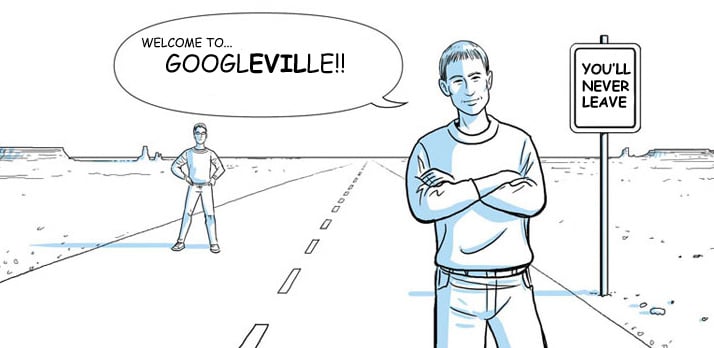Welcome detachment in The Atlantic.
In the last 18 hours, I’ve seen the Palin Effect on two very different groups of Republicans: grassroots delegates and professional operatives. Last night, I wormed right up front to the edge of the stage, where I figured the hardest-core activists would cram in to watch Palin, allowing for easy anthropological observation. They raved and seemed convinced she would put the ticket over the top. (The best line, whooped in my ear by a Kentucky delegate responding to Linda Lingle’s quip about how 250 Delawares could fit inside Alaska: “That’s right, baby, size matters!”)
Everybody at this morning’s panel discussion, on the other hand, thought Palin was great, but not the decisive factor that the activist crowd did. The clear consensus was that McCain needs to focus on independents. “He’s got to message himself to independents tonight,” said Rep. Tom Davis of Virginia. “He has to win independents, period,” said Sara Taylor, former White House political director. “He must be more focused on the center of the electorate than Bush was in ’04, and pull independents and conservative Democrats,” said Terry Nelson, McCain’s former campaign manager. In his own inimitable fashion, Chris Matthews seemed to concur: “If you guys want to be the war party, kiss it!”
Er, I’m not sure I understand that last comment, but I sure hope the Republicans continue to make the same mistake as they made at the convention. Keep preaching to the converted and leave the country to make up its own mind.
And there’s always the ‘Eagleton Scenario’.
Nice column by Gail Collins in which she points out that McCain is actually running for Leader of the Senate:
A visitor from another planet who dropped in on the Republican campaign at this point would very likely assume that the presidential nominee was a guy who had spent his life as a prisoner of war until he was released just in time to pick Sarah Palin for vice president.
“I can’t wait to introduce her to Washington, D.C., and the pork barrelers and the lobbyists,” he said.
Ah, the dreaded pork barrelers.
John McCain is not actually running for president. He’s running for Senate majority leader. All his passion is directed at defects in the legislative process. He’s been a military man or a senator for virtually all of his adult life, and listening to him talk, you get the definite impression that the two great threats of the 21st century are Islamic extremism and the appropriations committee.

